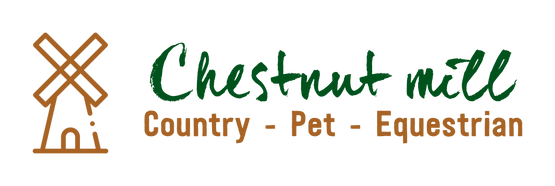Plenty of Forage
Forage should be considered the most important part of a horses diet. This is because they need good amounts of fibre from the forage. During the winter horses are often provided with extra hay as the grass isn't growing. Alternatives during this period can be things like beet pulp. Now spring has sprung the horses can move from harvested forage to pasture grass.
It is important to monitor the horses body condition score to check they are not eating too much grass. The early spring grass also tends to be higher in most nutrients that at other time so the year. Particularly in terms of true sugar and starch which provide the calories. This is the key time for managing any horses that are known to have or be prone to having problems arising from such feed. For example, Cushing's disease, laminitis, insulin resistance, or simply over weight horses. For these instances restrict access to grazing, perhaps by using a grazing muzzle. More information about laminitis can be found here
Shedding and Hair Coat Quality
As the days lengthen and the temperature increases, horses will usually start to shed their coat. Grooming can help speed this up, however good nutrition is arguably more important. Should their diet be low in certain nutrients it can affect the shedding process and the generally quality of the coat.
Low protein and amino acid deficiencies slow down the shedding. Good levels of essential fatty acids including omega 3 and 6 have a positive affect on the hair coat quality. These can be found in grains such as flaxseed and rice bran. The addition of fat to the diet during the winter will help to maintain the coat condition until they can get out of the grass.
Concentrates
Based on the level of work that your horse is undertaking, adjust their intake of concentrates. As the grass grows and grass consumption increases, consideration should be given to reducing the amount of grain that the horse consumes daily as the body score improves. This though need to be carefully balanced to ensure that nutrients and minerals are replaced and not lost at the expense of reducing calorie intake. This is where balancers can come in use as they allow you to improve the quality of the nutrients in the feed without adding calories.
Water
Of course it should go without saying, but it is always worth repeating. Free access to water is important at any time of year, but especially as they come back into work, and the weather heats up whilst they are still shedding their winter coat, water is of extra importance during this time of year. We have a range of water buckets that can be found here.
Minerals
Most water will be lost through the increased levels of sweat. It is important to remember that it is not just water which is lost this way. Important electrolytes such as potassium, sodium, and chloride are also lost. For this reason most horse owners will provide a mineral lick or electrolyte supplement to supplement this dietary need.


